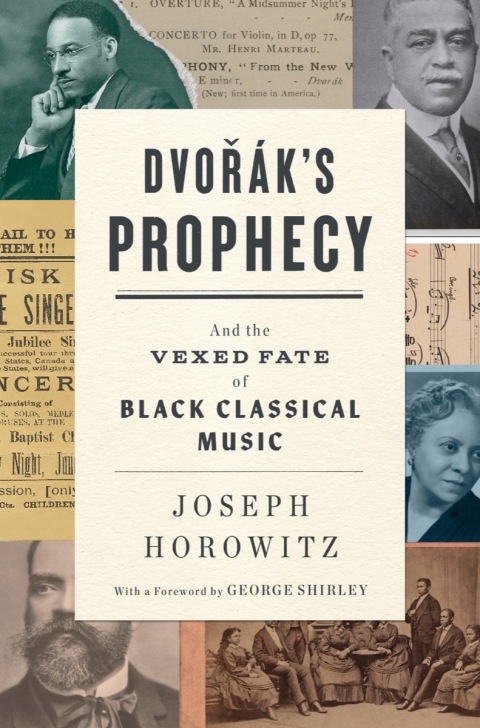
Dvorak's Prophecy PDF
Preview Dvorak's Prophecy
A Kirkus Reviews Best Nonfiction Book of 2021
A provocative interpretation of why classical music in America "stayed white"—how it got to be that way and what can be done about it.
In 1893 the composer Antonín Dvorák prophesied a "great and noble school" of American classical music based on the "negro melodies" he had excitedly discovered since arriving in the United States a year before. But while Black music would foster popular genres known the world over, it never gained a foothold in the concert hall. Black composers found few opportunities to have their works performed, and white composers mainly rejected Dvorák's lead.
Joseph Horowitz ranges throughout American cultural history, from Frederick Douglass and Huckleberry Finn to George Gershwin's Porgy and Bess and the work of Ralph Ellison, searching for explanations. Challenging the standard narrative for American classical music fashioned by Aaron Copland and...
